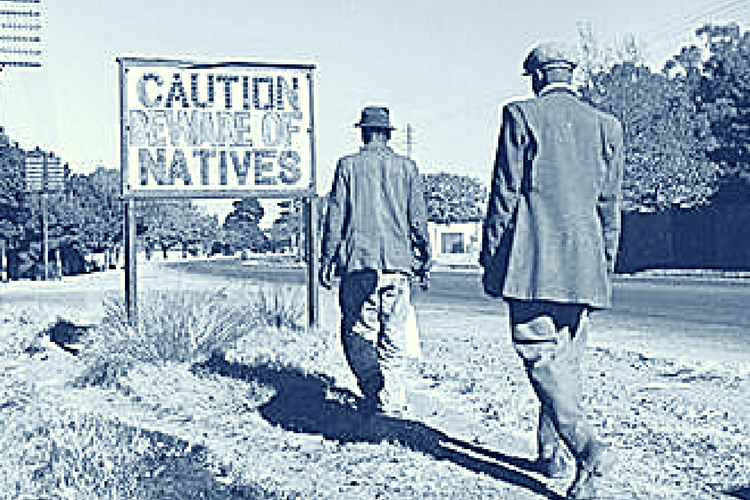
South Africa’s Native Land Act of 1913
By 1920, South Africa was advancing economically because of the mineral discoveries of the late 19th century and an industrial revolution was taking place. After the Anglo-Boer war of 1899-1902, Britain controlled South Africa. During this time there were huge labor shortages so the British passed laws to force African farmers off the land to become migrant laborers so they could pay taxes imposed on them. However, black citizens had no political rights and most of the wealth of the country was controlled by white citizens. At the time, 80% of the population was black but highly paid jobs were reserved for whites only.
In 1913, the government passed the Native Land Act which allocated 13% of the land to blacks even though they made up 80% of the population. Africans were forced to leave white owned land moved to reserves which were often small, dry and could not adequately feed them. More men had to seek employment in the mines, white owned farms or industries to pay for taxes. The 1913 Native Land Act forced many Africans to work for white farmers. White landowners were empowered to confiscate cattle that belonged to Africans.
Before 1913 they had raised an average 800 bags of grain in each season which gave a steady income of about £300 per year after the farmer had taken his share. The native provides his own seed, his own cattle, his own labor and after bagging his grain he calls in the landlord to receive his share which is 50 percent of the entire crop. All this had gone well till the previous week when the (landowner) came to the native tenants with the story that a new law had been passed under which (as the peasant said) “All my oxen and cows must belong to him, and my family to work for £4 a month, failing which he gave me four days to leave his farm.- Sol Plaatje (Black leader and first secretary of the African National Congress- ANC)
 Some Africans resisted working in mines and industries and became share croppers who worked on farms owned by poor whites and paid rent to them. Africans preferred to be share-croppers than workers on white owned commercial farms. Share-cropping however reduced the labor force available for commercial farmers so the government passed a law in 1936 that forced share-croppers to become laborers on commercial farms. The new law required blacks living on white farms to work for the white farmer at least six months every year. So many Africans abandoned share-cropping and moved to the reserves.
Some Africans resisted working in mines and industries and became share croppers who worked on farms owned by poor whites and paid rent to them. Africans preferred to be share-croppers than workers on white owned commercial farms. Share-cropping however reduced the labor force available for commercial farmers so the government passed a law in 1936 that forced share-croppers to become laborers on commercial farms. The new law required blacks living on white farms to work for the white farmer at least six months every year. So many Africans abandoned share-cropping and moved to the reserves.



1 Comment
by Dr_H
SA is still screwed up economically by good ole’ white folks they just because they have installed melanoid rulers and good ole’ white folks can call themselves enlightened by dressing up in Afrikan clothing and costumes they become the new chameleon of post racial correctness !!!!!
Comments are closed.